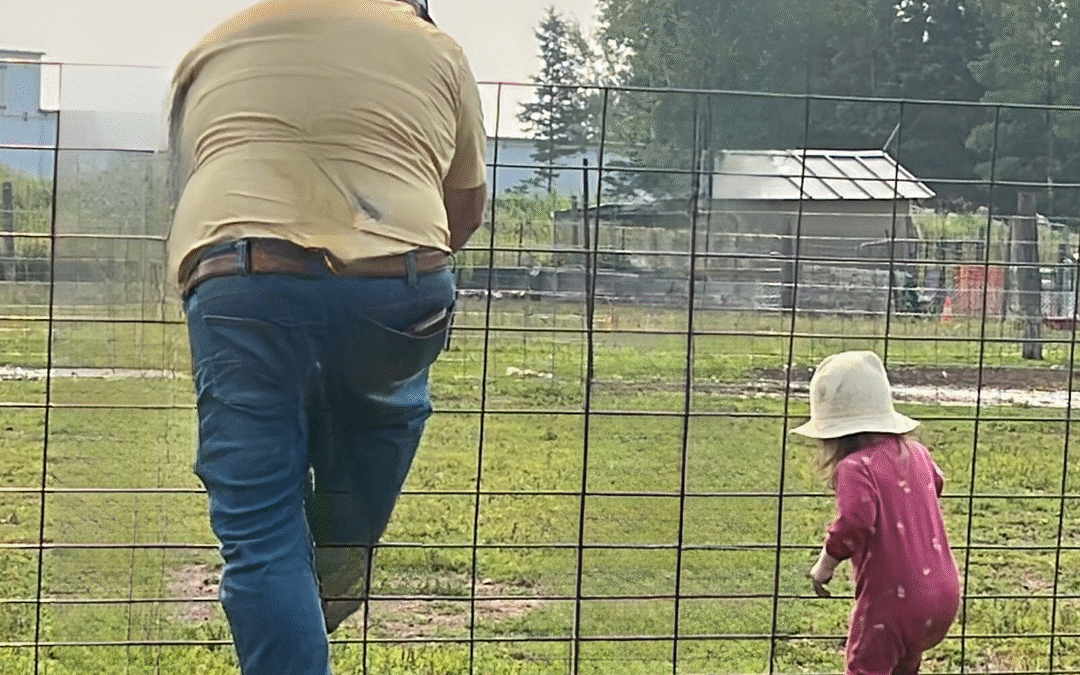Dog sports can be tough to get into, and sometimes the people involved can be a pretty unwelcoming crowd. While I don’t understand why that is, I do know there are things we can do to make the space more welcoming. Herding is one of the hardest dog sports out there—if not the hardest—especially for new handlers just starting out. It also happens to be one of the most expensive and hardest-to-access sports, so there’s been a noticeable decline in beginner and novice participation at trials.
In general, dog sports don’t need gatekeepers—people who try to keep newcomers out or who withhold information. That only leads to confused people and dogs missing out on the amazing world of dog sports. What we need is to welcome people in, offer them a safe space to ask questions, share knowledge when we can, and help connect them to training resources and all things dog-related.
I’ve been involved in dog sports since I was five years old, competing in juniors and against adults in most sports. My passion for this runs deep—strong enough to withstand the doubts and unpleasant experiences I’ve faced over the years.

Thankfully, the years of incredible support, amazing dogs, kind people, and strong community far outweigh the negative experiences. I’m not here to share specific stories, good or bad, but I am here to remind everyone why we’re doing this: we’re here for our dogs—to have fun and to learn new things. One bad experience can shatter that possibility, especially for someone new. Often, it’s our dogs who know more than we do—not just in the beginning, but even as we continue to learn and grow. Embrace that. Don’t ignore it.
Herding is an incredibly complex sport. The variables are always changing—animals think, change, learn, and grow. You cannot train for every scenario you’ll encounter because no two sessions are ever the same. This is true for the dogs, the livestock, and the humans involved. A truly good herding trainer—someone who can teach both dogs and people—is rare. If you find one, cherish them.
If a training method doesn’t feel right for you or your dog, it’s okay to walk away and find someone else. A bad training experience—or even just one or two—can seriously harm a dog’s confidence and future. If you’re new to herding, don’t be afraid to ask questions. Get out there and volunteer. Watch trials. Audit a clinic. And be willing to be humbled—often—by your dog.
We can compete against each other and still support one another through wins, losses, and those “just trying to get through it” moments.
Find your blue ribbon moments.


Recent Comments